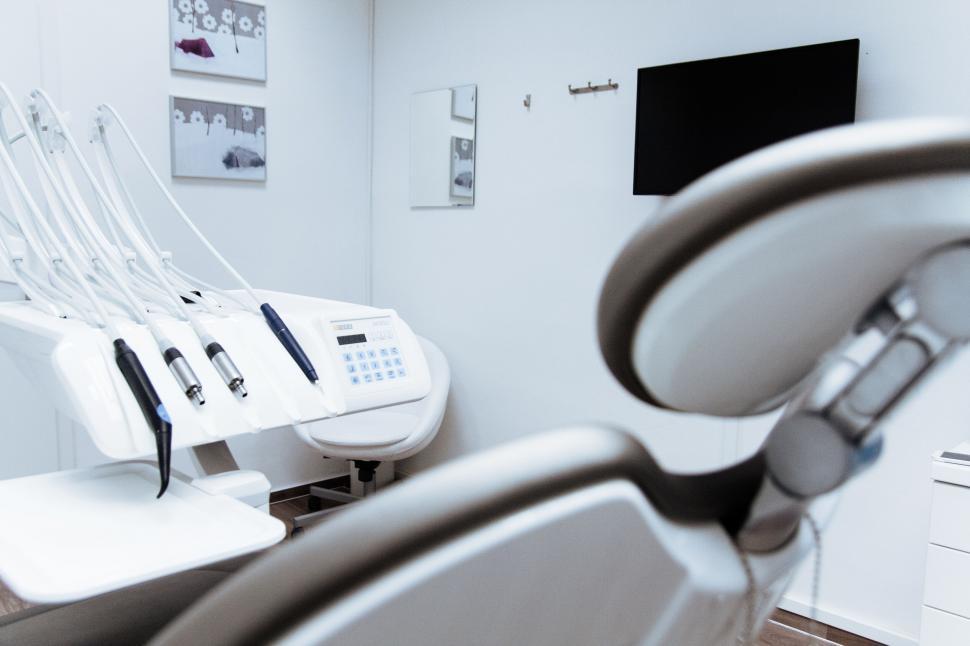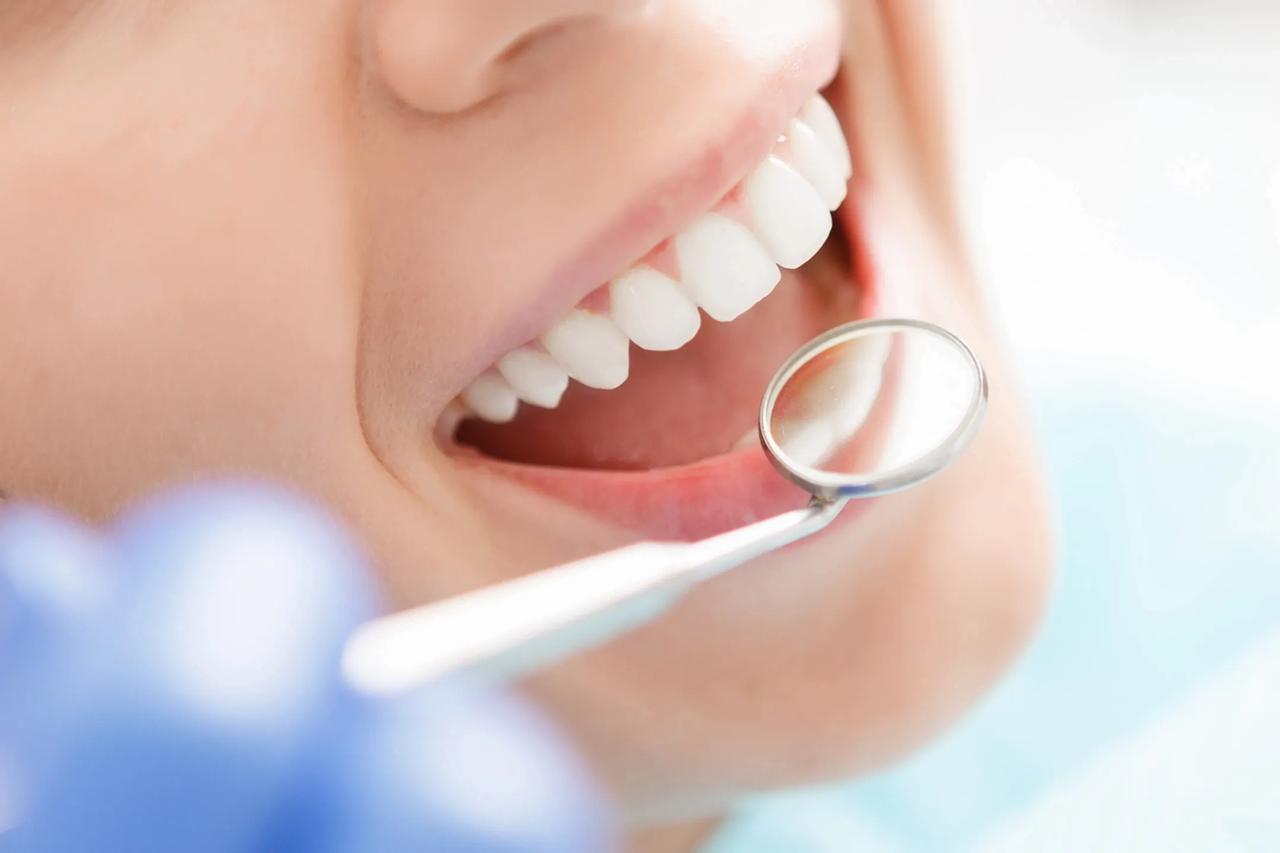Dental care is crucial for maintaining overall health, but it can also be expensive. Dental insurance is a valuable tool that helps manage these costs, making dental care more accessible. However, navigating dental insurance can often seem complex. This article provides expert advice and insider tips on how to maximize your dental insurance benefits and unlock significant savings.
Understanding Your Dental Insurance Plan
How to find the right dental insurance plan? To fully leverage any dental insurance plan, you first need to understand what your plan covers and how it works. Familiarizing yourself with the terminology and details can help you avoid unexpected expenses and make the most of your coverage.
Know Your Plan’s Details
- Annual Maximums: This is the maximum amount your insurance will pay in a given year. Knowing this can help you plan significant procedures strategically.
- Deductibles: The amount you pay out-of-pocket before your insurance kicks in. Some plans have low deductibles, which can mean less initial outlay for care.
- Co-pays and Coinsurance: These are the amounts you pay for services after your deductible is met. They can vary widely between different types of services.
- Coverage Levels: Insurance plans typically cover preventive care at 100%, basic procedures at 70-80%, and major procedures at 50%.
Understand the Types of Plans
- Dental Health Maintenance Organization (DHMO): Lower cost but you must use network dentists.
- Preferred Provider Organization (PPO): More flexibility in choosing a dentist but generally higher costs than DHMO.
- Indemnity Plans: These offer the most freedom in dentist choice, but come with higher premiums and deductibles.
Maximizing Dental Insurance Benefits
Knowing how to strategically use your dental insurance can lead to significant savings and better utilization of the benefits you pay for.
Schedule Preventive Care
Take full advantage of your plan’s coverage for preventive care. Regular cleanings and check-ups are usually covered at 100% and do not count towards your deductible. These visits can help prevent more serious and costly issues down the line.
Plan Major Procedures Wisely
If you expect to need major dental work, consider the timing of the procedures. If you are close to reaching your plan’s annual maximum, you might schedule part of the work for the end of one year and the rest for the beginning of the next year to maximize what your insurance pays.
Use a Flexible Spending Account (FSA) or Health Savings Account (HSA)
If you have access to an FSA or HSA, use it in conjunction with your dental insurance to pay for out-of-pocket expenses with pre-tax dollars. This can offer additional savings.
Stay In-Network
Whenever possible, choose a dentist within your insurance plan’s network. In-network dentists have agreed to negotiated rates with the insurance company, which are usually significantly lower than their regular fees.
Common Pitfalls to Avoid
Even with a good understanding of your dental insurance, there are pitfalls you should be aware of that can affect your out-of-pocket costs.
Not Knowing Your Plan’s Specifics
Assuming all dental plans are the same can be costly. Each plan has its own set of rules and coverage limits. Always check your plan’s specifics before scheduling treatment.
Skipping Regular Checkups
Avoiding regular checkups to save money can lead to more expensive dental issues later. Utilize the preventive care your insurance provides to catch problems early.
Delaying Necessary Procedures
Delaying necessary dental work to avoid paying your share can result in worsening conditions that will be more complicated and expensive to treat later.
Conclusion
Navigating dental insurance effectively requires a good understanding of your specific plan and proactive management of your dental care. By maximizing your coverage and avoiding common pitfalls, you can significantly reduce your dental expenses while maintaining optimal oral health.









